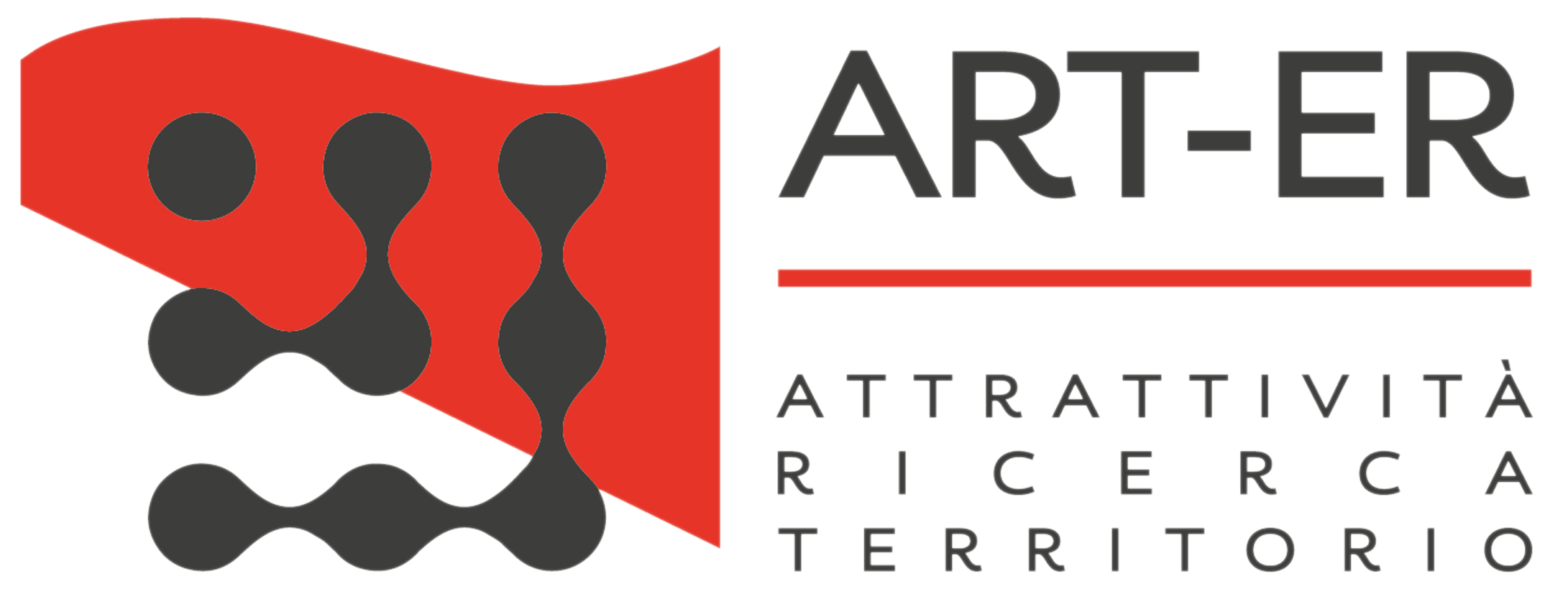Strengthening the European Chain of sUpply for next generation medical RadionuclidEs
THE PROJECT
The SECURE project aims to make an important contribution to the sustainability of medical isotope production and its safe application in Europe. It focuses on promising developments in irradiation target design and production routes for existing and new isotopes in nuclear therapy and diagnostics. Isotopes critical to the success of nuclear medicine are selected and research activities are identified to address some of the main challenges to ensure their future availability.
The objectives of the project are:
- remove critical barriers along the production of selected alpha- and beta-emitting isotopes that restrict sustainable production,
- develop a framework of guidelines and recommendations to explore the full clinical potential of alpha and beta particle therapy and its safe application,
- provide important lessons learned that serve as a demonstration case to address issues related to upscaling and sustained isotope production.
The expected demand of nuclear medicine for new alpha- and beta-emitters requires a reassessment of their production methods and inventories of target materials and parent radionuclides. The ambition of the SECURE consortium is to identify and efficiently use the current resources for new radionuclides, in particular alpha-emitters and the relevant beta-emitting theranostic radionuclides.
The development of alternative technologies for the production of such therapeutic radionuclides to improve the treatment of patients requires multidisciplinary scientific and technological knowledge including physics, chemistry, materials science, target material processing, biology and radiobiology, radiopharmacy and nuclear medicine. This whole chain of expertise is present in the SECURE consortium.
THE PARTNERS
The consortium consists of 18 partners.
- Narodowe Centrum Badań Jądrowych
- Nuclear Research and Consultancy Group
- Institut Laue–Langevin
- Institut “Jožef Stefan”
- European Nuclear Education Network (ENEN)
- Energiatudományi Kutatóközpont
- European Federation of Organisations for Medical Physics
- Agenzia nazionale per le nuove tecnologie, l’energia e lo sviluppo economico sostenibile (ENEA)
- Studiecentrum voor Kernenergie / Centre d’Etude de l’Energie Nucléaire
- Evalion s.r.o.
- Budapesti Műszaki és Gazdaságtudományi Egyetem
- Clust-ER Health
- Clusterul Regional Inovativ de Imagistică Moleculară şi Structurală Nord-Est (IMAGO-MOL)
- Istituto Romagnolo per lo Studio dei Tumori “Dino Amadori” – IRST IRCCS
- Université de Bretagne Occidentale
- Univerzitetni klinični center Ljubljana
- Joint Research Centre
- National Nuclear Laboratory (Associated Partner)
THE ROLE OF CLUST-ER HEALTH
Clust-ER Health, together with ENEN and IMAGO-MOL, will be among the main contributors to the activities of dissemination, communication and exploitation of the results of the project. In particular, it will support communication activities through the publication of news and results on its website, social media and newsletters and will act, in Europe, as an ambassador of the project within the S3P4PM Partnership – European Personalized Medicine S3 together with IMAGO-MOL and in the S3 Medical Technologies Partnership.
THE ROLE OF THE MEMBERS INVOLVED
ENEA, leader of WP2, is responsible for studying and testing the physical and radiochemical processes for the production of short-term radionuclides used in diagnosis and therapy such as Tc-99m, Cu-64, Lu-177, Tb-161 using nuclear fission reactors (TRIGA and TAPIRO), 14 MeV fusion sources (FNG and Sorgentina-RF). It will also provide standard Am-Be neutron sources and a thermal neutron flux density standard with accurate characterization of the neutron spectrum and radioactivity standards (INMRI). ENEA will also perform simulation modeling of the target and dose rate and will develop an approach to nuclear safety and physical protection of the entire supply chain. All WP2 partners will therefore benefit from the neutron standards and activities developed and maintained at ENEA-INMRI.
IRST, which has extensive experience in clinical patient dosimetry and in developing recommendations to ensure the safety of new treatment options using radionuclides for all involved, will play an important role in WP4 and in particular in the development of recommendations for clinical applications in rare cancers. In addition, IRST will carry out a risk assessment and a radiological life cycle assessment (LCA) to describe various exposures using, where possible, the existing methodologies described in the EU Radiation Protection Guidelines. IRST will also contribute to the modeling of dose distribution and optimization for the patient for treatment scenarios and perform dose distribution measurement.

To learn more, visit the official website

Funded by the European Union. Views and opinions expressed are however those of the author(s) only and do not necessarily reflect those of the European Union or the European Atomic Energy Community (EC-Euratom). Neither the European Union nor the granting authority can be held responsible for them.




